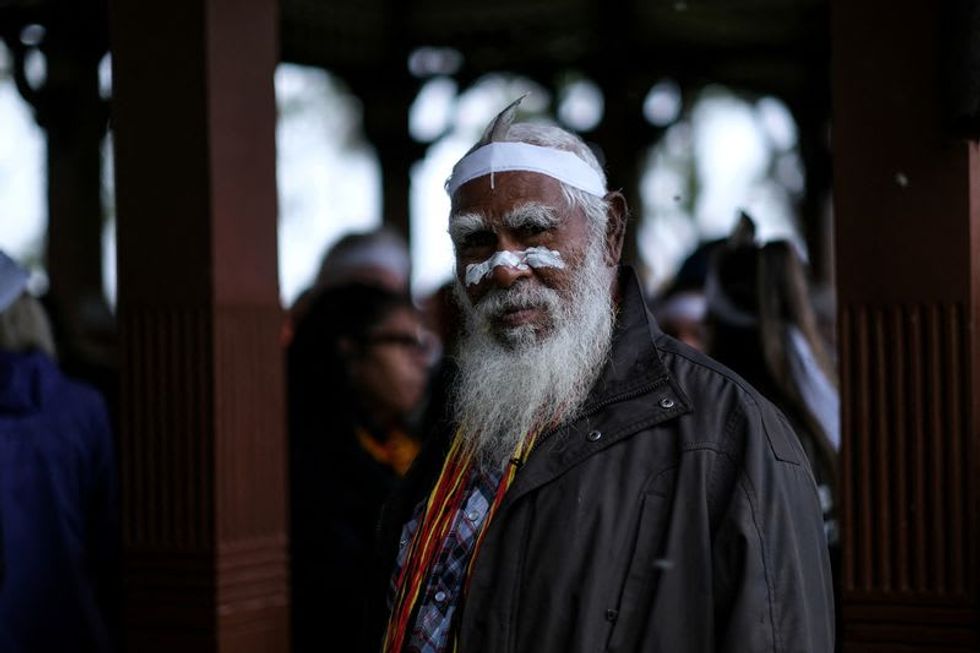The Compensation for Aboriginal Group in Western Australia
Setting a Precedent for Indigenous Rights
In a landmark decision, Western Australia state has agreed to compensate an Aboriginal group for historic acts including issuing mining leases on their traditional lands. This move sets a precedent that is set to allow Indigenous groups a greater say in future developments, marking a significant step towards reconciliation and recognition of the rights of Indigenous peoples.
Protecting Cultural Heritage
This decision comes in the wake of the destruction of historic rock shelters by Rio Tinto, which showed human habitation dating back 46,000 years. The incident sparked outrage and calls for stronger protection of Indigenous cultural heritage, leading to the state strengthening its laws to prevent similar tragedies from occurring in the future.
The compensation offered to the Aboriginal group not only acknowledges the historical injustices inflicted upon them but also paves the way for a more equitable relationship between Indigenous communities and the government. By giving Indigenous groups a greater say in developments that affect their lands, this decision empowers them to preserve their cultural heritage and protect their traditional way of life.
Effects on Individuals
As an individual, this decision may impact you by raising awareness about the importance of respecting Indigenous rights and cultural heritage. It serves as a reminder of the need to prioritize reconciliation and collaboration with Indigenous communities in all future developments.
Global Implications
On a global scale, this decision sets a precedent for other countries to follow in recognizing and compensating Indigenous groups for historic injustices. It highlights the importance of upholding Indigenous rights and preserving cultural heritage, setting a positive example for the rest of the world to follow.
Conclusion
The compensation for the Aboriginal group in Western Australia is a significant milestone in the ongoing journey towards reconciliation and recognition of Indigenous rights. By setting a precedent for greater Indigenous involvement in future developments and strengthening protections for cultural heritage, this decision marks a step towards a more just and equitable society for all.





